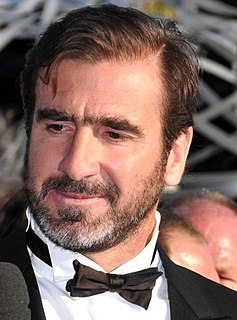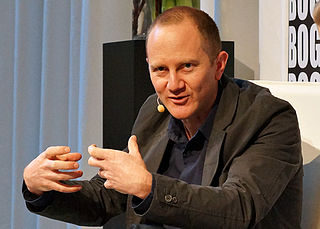A Quote by Richard Flanagan
It's a sin for a writer to go looking for camels to put into his or her pages. I only want details that are the story.
Related Quotes
With my two brothers, Jean-Marie and Joel, I wrote a two-page story and wanted to make some kind of movie. We met a French production company, called Why Not?, and the first name we put on the list was Ken Loach. It was a dream for all of us. So, we tried and we met Ken and Paul Laverty, his writer, and they read the two pages and were inspired by that to do something. Paul had the freedom to do his own story - and he wrote his own story, which is better than the one we'd written.
I hope that George doesn't internalize her scare tactics. I want to argue with her, tell her that "sins of the flesh" is just a control mechanism -- if you demonize a person's pleasure, then you can control his or her life. I can't say how many times this tool has been wielded against me, in a variety of forms. But I see no sin in a kiss. I only see sin in the condemnation.
The ‘experimental’ writer, then, is simply following the story’s commands to the best of his human ability. The writer is not the story, the story is the story. See? Sometimes this is very hard to accept and sometimes too easy. On the one hand, there’s the writer who can’t face his fate: that the telling of a story has nothing at all to do with him; on the other hand, there’s the one who faces it too well: that the telling of the story has nothing at all to do with him
*I want to keep walking away from the person I was a moment ago... *So soon you will be in that part of the book where you are holding the bulk of the pages in your left hand, and only a thin wisp of the story in your right. *We get one story, you and I, and one story alone....It might be time for you to go. It might be time to change, to shine out.






































